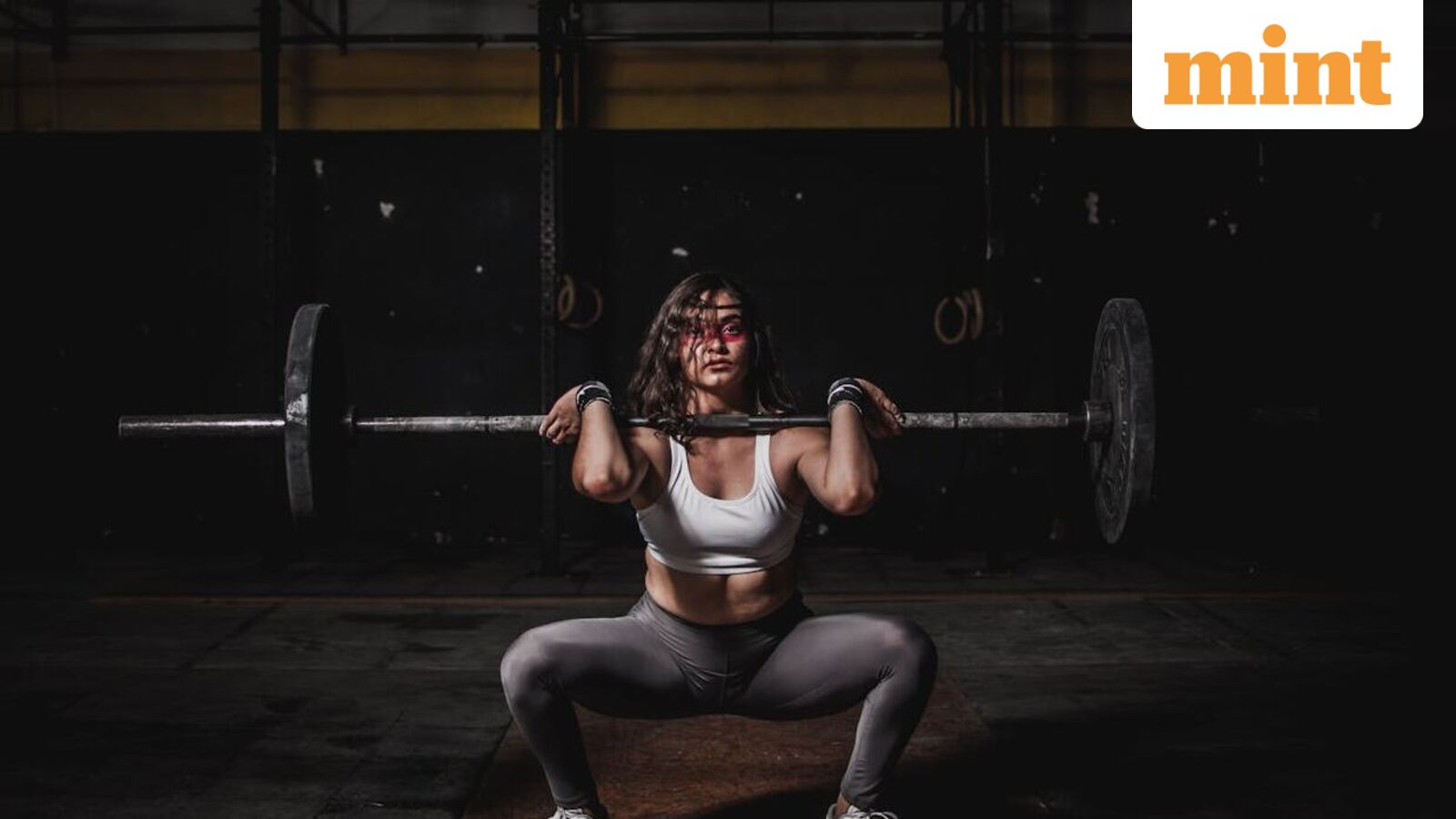Building muscle isn’t just about sweating it out at the gym; what’s on your plate matters just as much. In a conversation with Mint, nutritionist and founder of DtF, Sonia Bakshi, broke down the role of food in muscle strength, recovery and overall fitness. From protein-packed staples to smart pre- and post-workout meals, here’s her guide to eating for strength.
Why protein matters
“Nutrition and regular exercise are both very important for muscle building. A well-balanced diet that includes carbs, protein and healthy fats is the best for optimal results,” Bakshi explained. For most adults, she recommends 1–1.2 grams of protein per kilo of body weight per day. Spread across meals, that means around 15–20 grams of protein per meal.
10 high-protein foods for stronger muscles
Bakshi lists 10 everyday foods that can significantly boost muscle strength if included wisely in your diet:
Eggs: Two eggs provide 12 g of protein. Add black pepper for better nutrient absorption.Chicken breast: One piece packs about 40 g protein. Marinate and grill or stir-fry for the best results.Greek Yogurt: 100 g offers 10 g protein. Strain homemade curd for a fresh batch; use leftover whey in smoothies.Quinoa: Not a complete protein alone, but combine it with dals or beans for a balanced meal.Chickpeas: One cup has 14 g protein. A chickpea salad with lemon and pepper aids absorption.Peanuts: 25 g protein per 100 g serving, plus healthy fats. Stick to unsalted versions.Buckwheat (Kuttu): Gluten-free, amino-acid rich. Ideal as porridge or cheela — avoid frying.Tofu: A complete protein that also keeps you full longer, reducing snack cravings.Nuts (Almonds, Pistachios, Cashews): Soaked nuts in the morning or raw ones on-the-go make for powerful snacks.Lentils: 9 g protein per 100 g cooked. Pair with rice (without starch) for a complete meal.Can vegetarians build enough muscle?
According to Bakshi, absolutely. “It’s a misconception that vegetarian food lacks protein. Nature has given us abundant plant-based protein; we just need to combine them wisely,” she said. Options like soya, sprouts, curd, legumes, paneer, chickpeas, rajma, lobhia, nuts, seeds, quinoa, amaranth, and peas all provide high-quality protein. The only gap vegetarians must watch for is Vitamin B12, which requires supplementation.
Do you really need protein powders?
Bakshi believes most active people don’t. “Dals, paneer, eggs, fish — these are excellent protein sources. If each meal has 15–20 g protein, your daily requirement is met easily. Protein powders are only needed by bodybuilders and should be taken under a doctor’s guidance,” she explained.
What to eat before and after a workoutBefore workout:
No gap before exercise? Eat a banana or a handful of soaked nuts.
40 minutes before exercise? Try a smoothie with yoghurt, fruit, seeds, and honey, or a banana shake.
The bottom line
Bakshi sums it up simply: strength is built in the gym but fuelled in the kitchen. The right mix of protein-rich foods, balanced meals, and smart snacking can help you build muscle sustainably — without the need for shortcuts.

